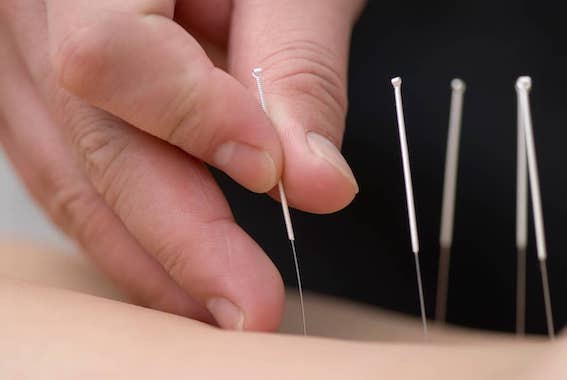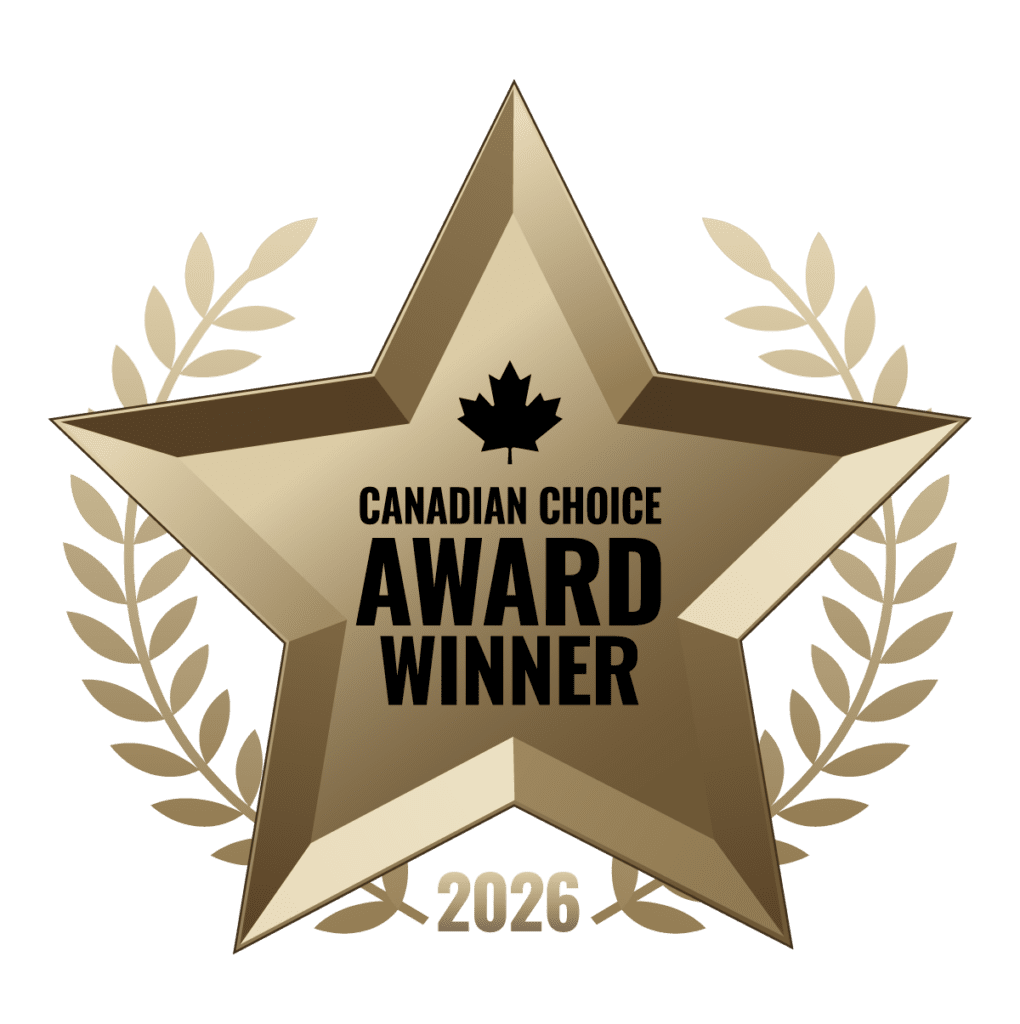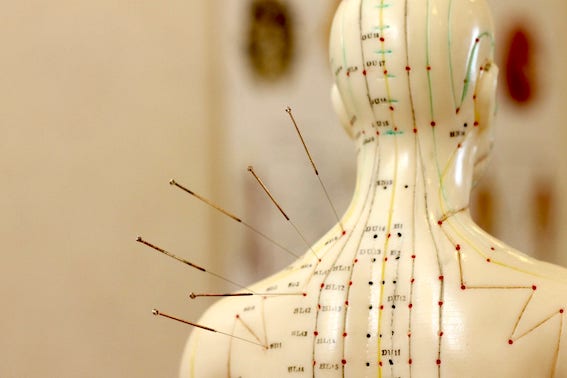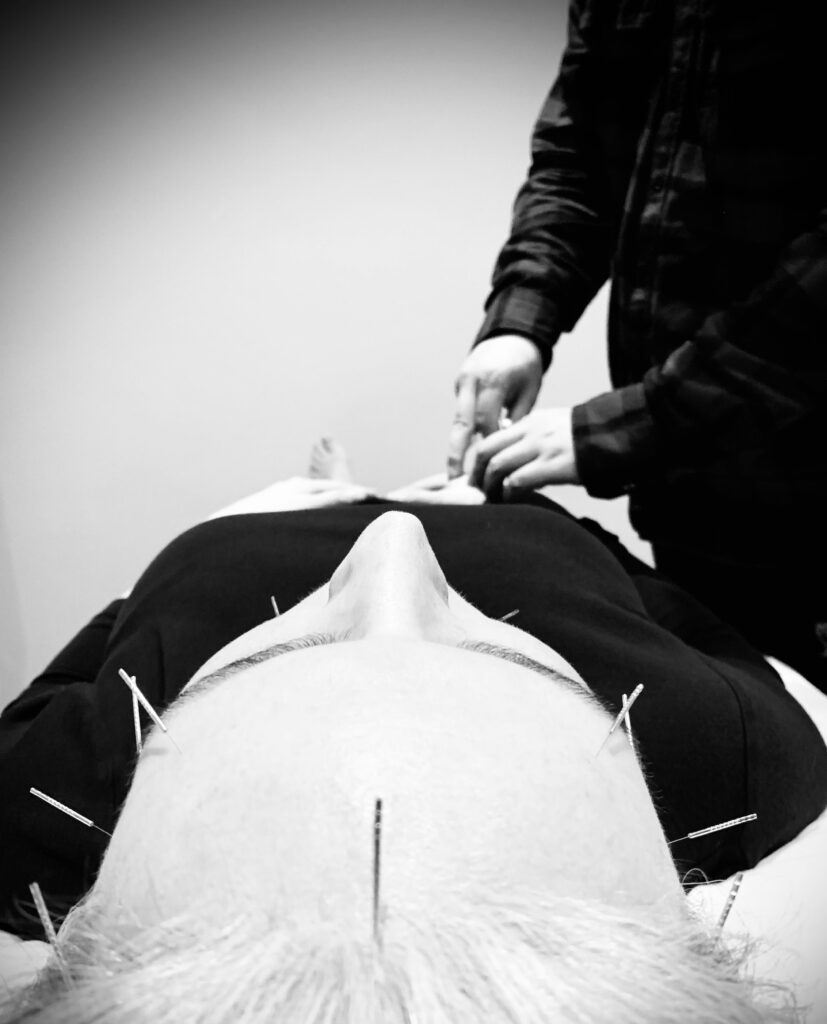Top notch Acupuncture in Aurora, Newmarket & Richmond Hill
Welcome to Momentum Therapy, an award-winning clinic specializing in Acupuncture and Traditional Chinese Medicine (TCM) in Aurora. If you're looking for effective, holistic treatments to restore your health and well-being, you've come to the right place. Our highly experienced and highly rated acupuncturists are dedicated to providing personalized care to help you achieve optimal health.
Whether you're dealing with chronic pain, stress, sleep issues, or simply seeking to improve your overall wellness, our team is here to support you every step of the way.




What is Acupuncture?
Acupuncture is a central component of Traditional Chinese Medicine (TCM), a time-tested system of healing that aims to balance the body's energy (Qi) and promote natural wellness. Acupuncture involves the insertion of fine needles into specific points on the body to stimulate energy flow, reduce pain, and enhance healing.
At Momentum Therapy, we combine Acupuncture and TCM in Aurora to treat a wide variety of health concerns. Our approach goes beyond symptom management, addressing the root causes of imbalances in the body to provide lasting results.
What can be treated?
There are countless reasons why people choose Acupuncture and TCM as a natural and holistic alternative for improving health:
- Pain Relief: Whether it’s chronic pain, back pain, arthritis, or migraines, acupuncture is proven to alleviate discomfort and promote long-term healing.
- Stress Reduction: TCM techniques, including acupuncture and herbal medicine, help reduce stress, anxiety, and depression by balancing your body’s energy.
- Better Sleep: Struggling with insomnia or poor sleep quality? Acupuncture can help restore your body’s natural sleep cycle for more restful nights.
- Improved Digestion: Acupuncture is highly effective for digestive issues like bloating, constipation, and indigestion.
- Boosted Immunity: By stimulating key points on the body, acupuncture strengthens your immune system, helping to ward off illnesses and promote general wellness.
- Women's and Men's Health: Acupuncture and TCM support reproductive health, including menstrual irregularities, fertility issues (click here to learn more), and symptoms of menopause.
- Cosmetic rejuvenation:used to reverse signs of aging (click here to read more)
At our Aurora clinic, we offer a personalized treatment plan based on your unique health needs to help you feel better and live your best life
Get Started with Acupuncture and TCM in Aurora Today
If you’re ready to experience the benefits of Acupuncture and TCM, our award-winning clinic is here to help. With our highly experienced, highly rated acupuncturists and personalized care, you can trust that you are in good hands.
Contact us today to schedule your appointment and take the first step toward a healthier, more balanced life.
